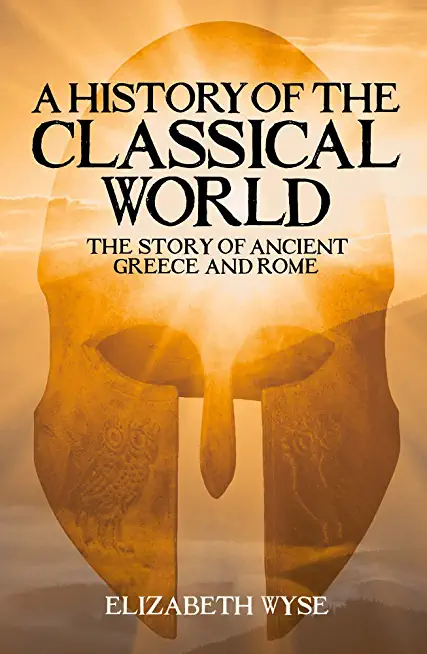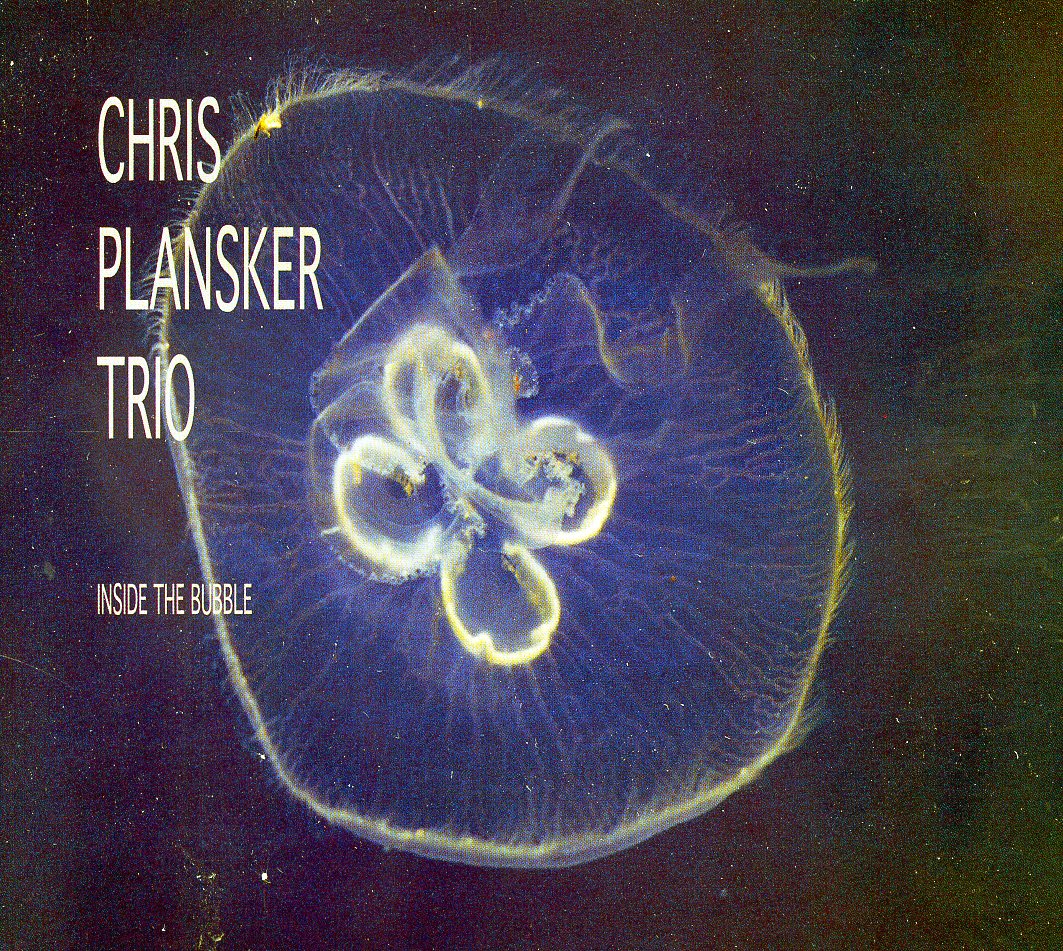
Brown, Duncan
Motion Performance's catchy sales pitch for builder Joel Rosen's Phase III Specialty Muscle Cars sums up the escalating performance scene in the late 1960s. Special edition muscle cars were essential to keep pace. Joel and other independent car builders (such as Carroll Shelby, George Hurst, Dick Harrell, Mr. Norm, and Jim Wangers) did what the factories couldn't do: take the muscle car and turn it into a tire-burning monster.
Although the Pontiac GTO established the muscle car category in 1964, a host of corporate safety restrictions restrained factories from offering turn-key race cars off the showroom floor. Independent car builders enhanced appearance and amplified performance in an attempt to do what the manufacturers wouldn't. Motion Performance issued a written guarantee: Phase III cars would run 11.5 at 120 mph down the quarter-mile!
Some of the most iconic nameplates in automotive history were applied in this era with names that included Cheetah, Black Panther, Royal Bobcat, Super Hugger, Manta Ray, Super Snake, Deuce, Fast Track, and The Machine. How did manufacturers stealthily promote these special edition muscle cars as "halo cars" while pretending not to endorse them? What happened to these innovators when factories assimilated their ideas? It's all covered inside.
Muscle car historian Duncan Brown takes us through these special edition muscle cars, their creators, and the behind-the-scenes forces that shaped these wild beasts into legends that left a lasting legacy.







